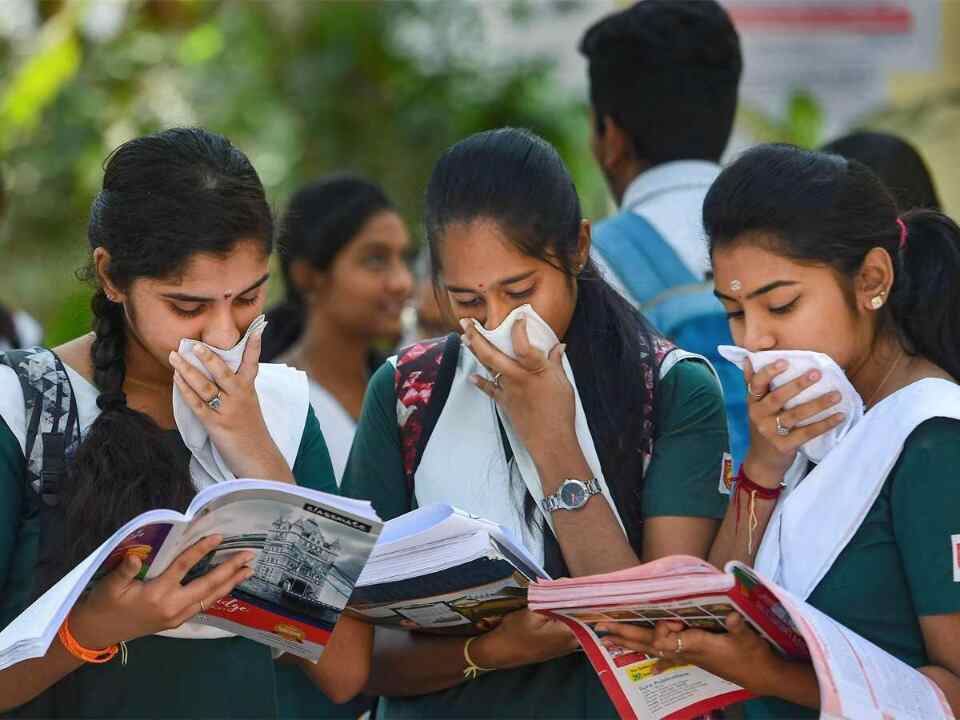Flexible policy?

The Central Board of Secondary Education seems to have been stuck in a situation where it is required to maintain a fine balance between the safety and convenience of students on the one hand and efficacious evaluation of the students on the other. As the board exams stood cancelled the previous educational year, uncertainty was looming large this year too. Thankfully, the board came out with its new policy for the evaluation of students in a bid to remove the uncertainty. To a certain degree, it does so. But, while chalking out an efficient policy of evaluation, the board seems to have left out many of the woes of the students. It is not exactly clear how the policy will relieve the students in the pandemic situation. It also apparently adds other layers of uncertainty. Broadly, it has decided to conduct exams in two terms with a reduced and bifurcated syllabus; and has adopted a flexible approach towards methodology used for evaluation. The two-exam policy has received a rather infuriating response from the students. The students are anxious about giving two board exams in a year. This, of course, cannot be ruled out as kiddish reluctance. Considering what the reality looks like, the board exams are a big event for both the students and their families. The preparation has to start months in advance, made imperative by parental pressure or a sense of competitiveness and fear of failure. The two exams, irrespective of the exam format or the size of the syllabus, are going to involve children twice in this cycle ranging from the preparation phase to results. This trouble of students is compounded by two other factors: 1) 'flexibility' of exam dates, exam formats, exam venue and the method of evaluation; 2) inequitable access to technological resources mandated by the closure of schools. The exam format of the first term exam will be in MCQ format while that for the second term will be subjective and case-based. The format of the second term is subject to change depending upon the Covid situation. If the Covid situation worsens, the first term exams (to be held in November-December) and the second term exams (to be held around March) could well be conducted from home itself. The possibility of exams being held from home should be a matter of apprehension for some students from day one itself as they might lack the requisite devices for the conduction of exams. The bigger problem, however, seems to be the evaluation conundrum. Besides the two-term exams, Internal assessment takes a crucial position in the evaluation scenario. If both term exams are conducted and the school remains closed in the first term forcing the exams to be conducted from home, the second term exams will have more weightage and vice versa. If both the exams are conducted from home, the evaluation will be made on the basis of performance in both the exams with emphasis on the internal assessment which is to be carried out all throughout the year. The policy of the CBSE seems fine as it attempts to come out with a credible system of evaluation in this extraordinary situation. Its directive to carry out genuine internal assessment all throughout the year will give an extra bit of organized touch to learn from the home situation and invoke a sense of seriousness among both the teaching and student community. But then again, there are lots of ifs and buts in it that may bewilder students. More sure and simplified could have been an option that would provide students with the much required mental stability. One of the greatest advantages of in-school learning was that it provided a uniform system and shared ambience for learning — breaking all the class biases. In its replacement — the learn from home situation — the differences are becoming starker as many aspiring middle-income families that lived miles apart from their village homes to educate their children in town and cities may be forced back to their homes, and as a fallout, their access to technical devices would be limited. Any policy related to education must intrinsically take in these concerns and layout implicit or explicit provisions to address the same. It remains to be seen how good the CBSE's two-exam policy stands for the differences. In any case, the CBSE's policy is a timely one to reduce the lingering uncertainty faced by students. From here, much depends upon how smoothly these are implemented and also how well these evolve and undergo required modification in view of changing pandemic situation and the larger socio-economic differences prevailing among the students. The flexibility in the policy allows for the same to happen. Just the thing that needs to be kept in mind is that this flexibility within the policy must not take the form of layered uncertainty for the students.



